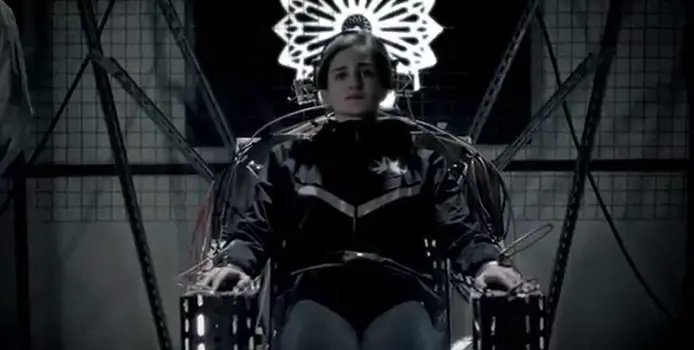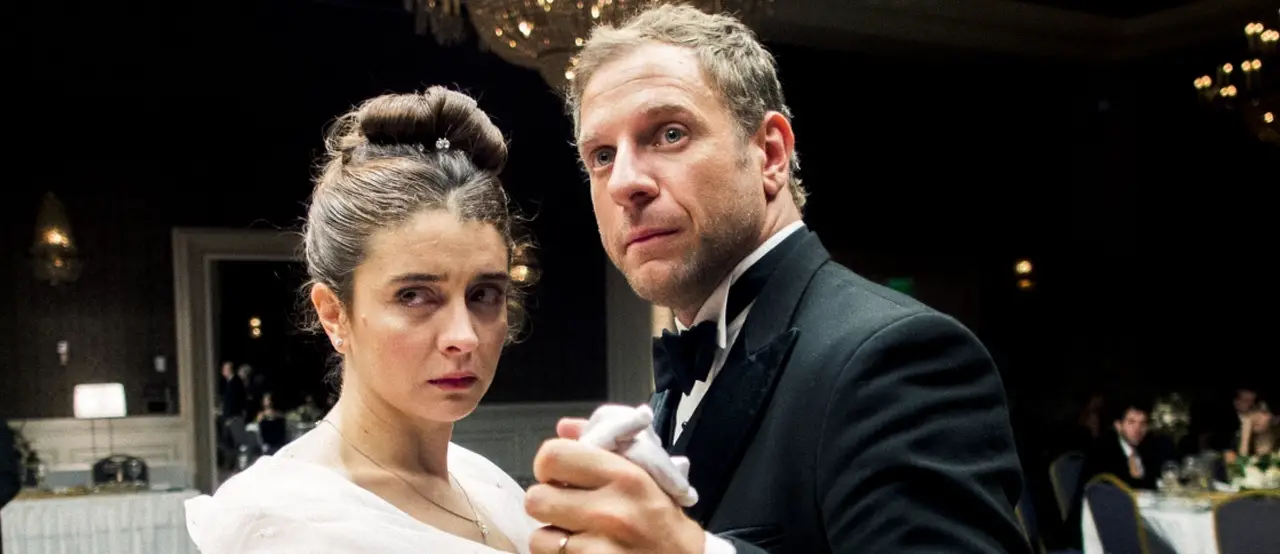thriller
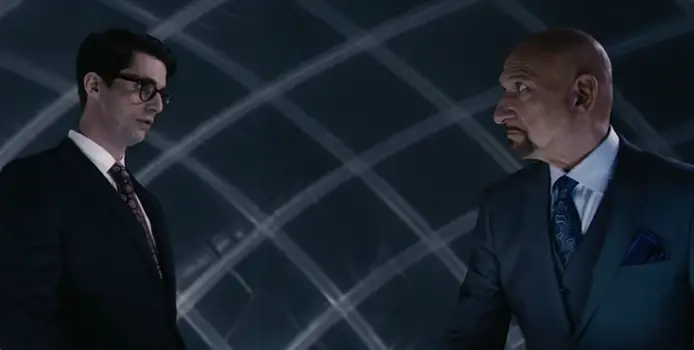
I’ve been toiling over this review for about a week now. A large portion of mainstream film criticism has shifted towards tearing down films, blatantly nit-picking all aspects of a movie and continuously shouting nasty adjectives which seemingly constitutes as a review of a film. I get why it’s so big nowadays, being angry at or disappointed in something will always get a more humorous and memorable responses.
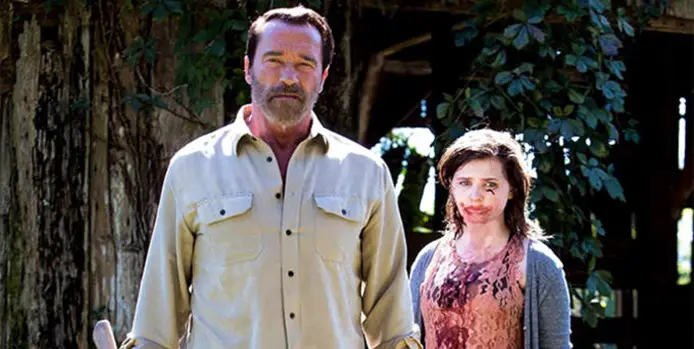
If there is ever a fitting description for Arnold Schwarzenegger’s cinematic persona, then it is this: action film hero. Time and time again, we’ve seen the ex-California Governor’s face adorning several iconic titles, portraying mere mortals (or robots in Terminator’s case) possessing near-superhuman ability, an eye for supersized weapons and a knack for crisp one-liners.

Even though I may make it look like any idiot can do it, writing reviews is far from easy. The hardest things to review aren’t the plot-heavy science fiction movies or the obscure art house efforts with impenetrable plots like you would imagine – the most difficult movies to review are the films that are just plain boring. I watched Child 44 two days ago, where I made up 100% of the audience for that screening – in the two days since, I have found myself struggling to remember quite a lot of it.

Without trying to simplify the cinematic output of an entire nation, it could be argued that there are only two types of British independent films. There’s the prestige fare, that depicts the lives of the upper classes and the monarchy (notable recent examples are The King’s Speech and The Theory of Everything), that are almost always boring, a smash-hit at the international box office, and a major awards contender. The other example is the polar opposite – dark, gritty dramas about the working classes that are never boring, but also never in contention for box office or awards success.
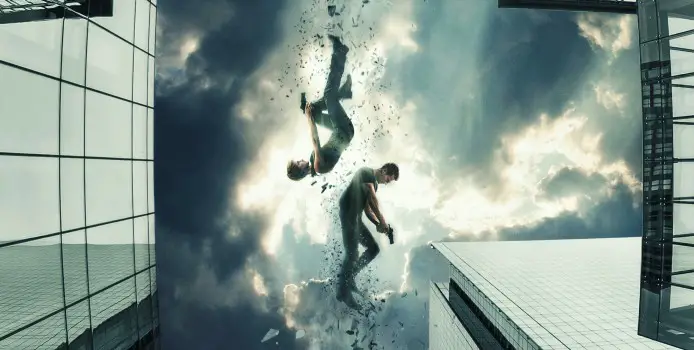
I had read Veronica Roth’s Divergent before the adaptation sauntered onto cinema screens, heralded as the next The Hunger Games, and what I discovered was that I preferred the film to the book. There was more action on show, and I felt that the film fixed many of the things I found problematic with the book’s narrative. So when I discovered that the book of Insurgent didn’t impress, I decided to bypass it and wait for the film.
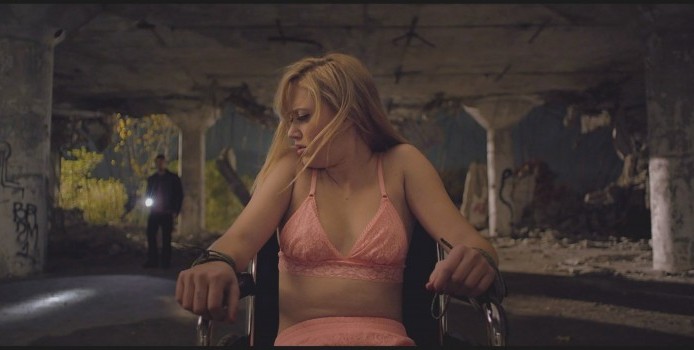
With the blockbuster success of Fifty Shades of Grey in cinemas worldwide, many pundits are claiming that this marks a new era for “sex positive” movies – and much more importantly, the basic idea of a woman being as sexually open as her male counterparts not being a source of cinematic shame, but one of pride. It has only been two decades since what I dub the “unofficial Michael Douglas misogyny trilogy” of Fatal Attraction, Basic Instinct and Disclosure hit cinemas, films that (like Fifty Shades) were successful due to their frankness of sexuality. Yet those movies were inherently misogynist in suggesting that women were mentally unstable, or just plain evil for daring to be as open about their sexuality as men.

2014 should really be known as “The Year of the Biopic.” There have been films this past year that were based on many world-reknown icons, from Martin Luther King to Stephen Hawking to pop singer James Brown. And somewhere in the midst of all those comes the story of Alan Turing, a British mathematician that almost single-handedly won World War II.
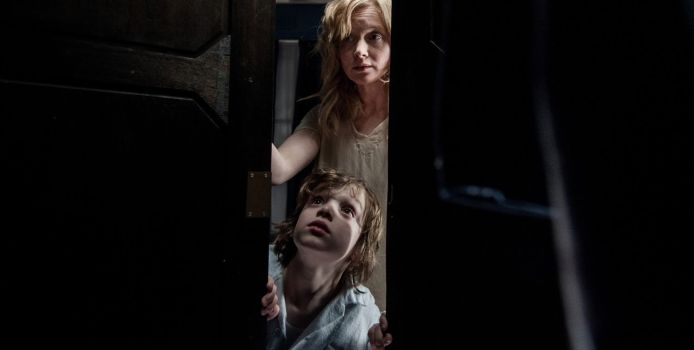
“If it’s in a word, or it’s in a look, you can’t get rid of The Babadook”. The mainstream horror genre is in a bad state at the moment. In the wake of the success of Paranormal Activity, Hollywood studios are taking advantage of the huge financial potential of the genre, and the fact that you can spend very little money on a horror film and make a huge profit off of teenage audiences.
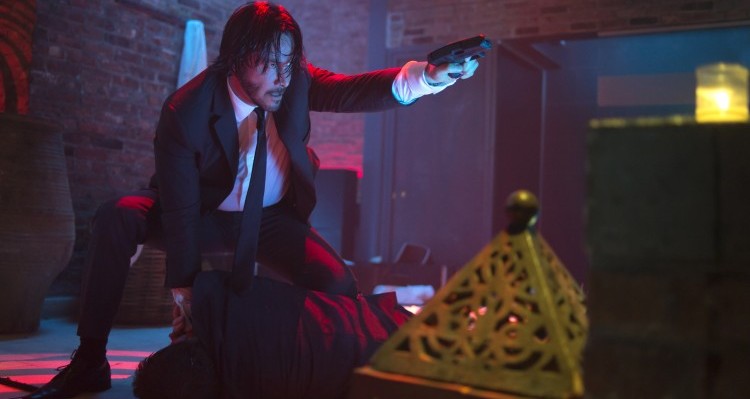
A trio of rambunctious adolescents storm into a man’s house, steal his car, and then, just for the hell of it, beat his dog to death. Unbeknownst to them, the man they robbed is none other than John Wick, a former assassin who was so good at his job that he earned a nickname of “The Boogeyman.” Let’s just say that they pissed off the wrong guy.
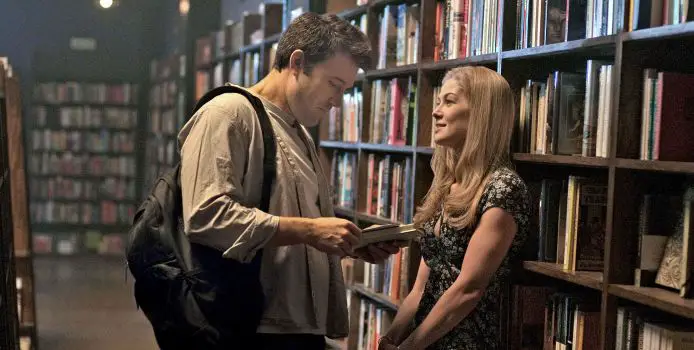
If the media blitz preceding its release is anything to go by, Gone Girl is being pitched as brooding, twisty, and somewhat orthodox whodunnit. If you buy a ticket expecting just that, you won’t be disappointed. David Fincher’s film, based on Gillian Flynn’s novel of the same name, has all the shifty intricacies you’d hope for in a thriller.
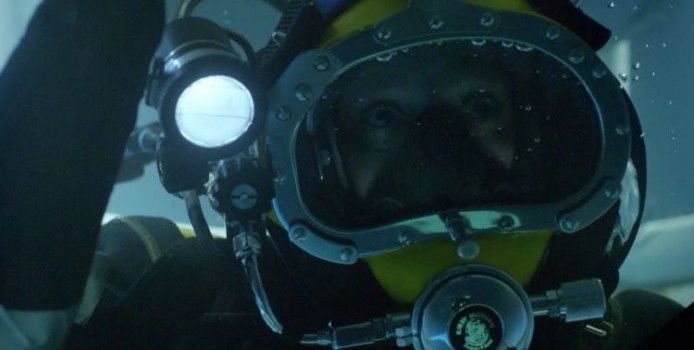
According to my personal checklist, the extent to which a film can affect a viewer is a mark of its quality. Pioneer must have done something right, because it absolutely wrecked my sense of calm. A full 24 hours after watching director Erik Skjoldbjærg’s thriller for the first time, I still find myself feeling strangely uneasy – stealing glances over my shoulder, eyeing my friends and family with icy distrust…I even threw out a plate of unattended food on the off chance it had been poisoned by the shady agents of a deep-sea drilling conglomerate.

In this animated short film called Francis, a young man tells us about his memories of a camping trip. As he grew up in the suburbs of Chicago, he’d often go camping in the Quetico Provincial Park, up on the border of Minnesota and Canada. However, he won’t be going back there any time soon, not after what happened there to Francis Brandywine.
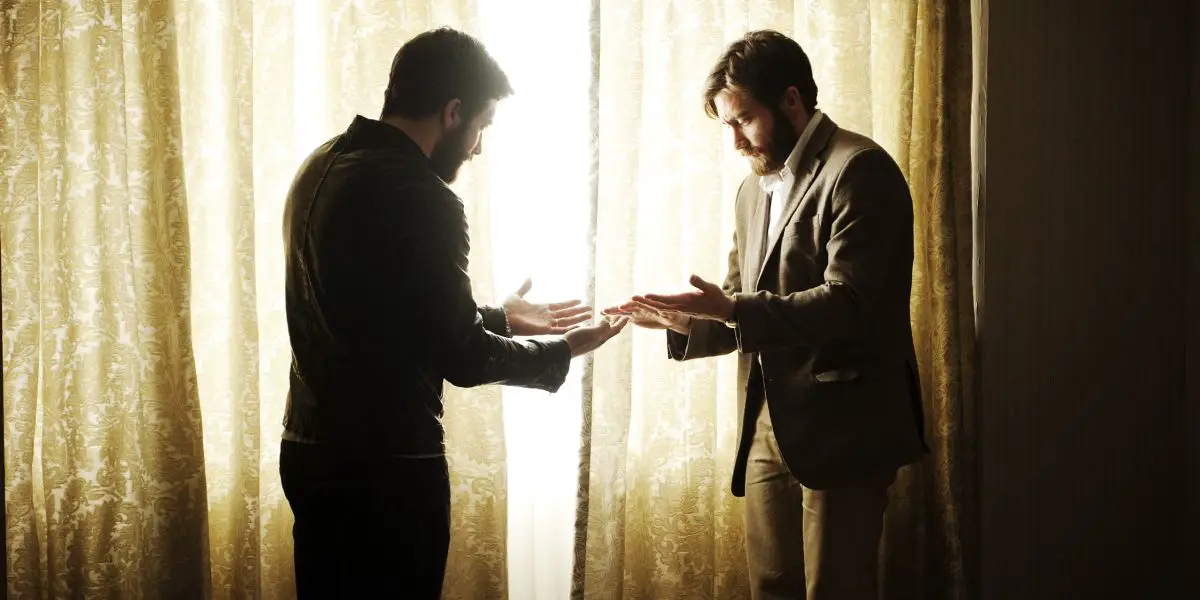
Last year, Denis Villeneuve directed one of the most pleasant surprises of the year with Prisoners, an unrelentingly tense film about child abduction that presented intriguing moral questions while also providing satisfying twists and turns throughout. That filmed starred Hugh Jackman and Jake Gyllenhaal. Gyllenhaal has teamed up with Villeneuve again in Enemy, a much smaller and much, much more mind-bending film than Prisoners.


